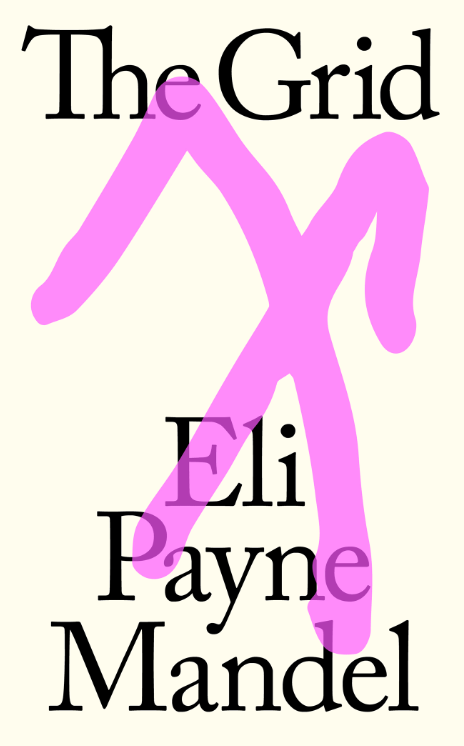I was travelling through a particularly grim part of your country when I saw this phrase scrawled beneath an overpass. Beneath it, the same hand had painted a graffiti mural in no way reminiscent of Arshile Gorky’s work—just a heap of pink and green bubbles, like forced cheer. Naturally, the reference might have been to another Gorky, Maxim the writer for instance, or one you and I would not recognize. In any case, the phrase has the correct grammatical markers to form a Latin sentence, but the words mean nothing. If we were philologists we might instead conjecture them to be a corruption of GORKY SUBLIMVM TEXIT, an elusive sentence that would mean: Gorky protected a sublime thing, or concealed it—or even, taking TEXIT as the syncopated form of TEXVIT, that he wove it. The point is, I arrived in your town and rang your bell at the appointed time, but you did not answer, nor have I heard from you since, and all my letters have been returned sewn shut like eyelids.
Feature Date
- December 18, 2023
Series
- What Sparks Poetry
Selected By
Share This Poem
Print This Poem
“GORKY SUBLIVM TIXET” from THE GRID: by Eli Payne Mandel.
Published by Changes Press on Nov 1, 2023.
Copyright © 2023 by Eli Payne Mandel.
All rights reserved.
Reproduced by Poetry Daily with permission.
★ Named Poetry Book of the Month by The Telegraph ★
“Eli Mandel’s The Grid is a thriller with a scholar at the center – a story of Western Culture’s rise and demise begun in vivid curiosity and finished in painful precision. Told in prose and lyric fragments, the collection takes the shape of a series of hints and guesses, restraining and revealing the dark matter of patriarchy and power that classical literature carries with its versions, mistakes, and translations.
The first section follows the classicist Alice Kober, whose now-invisible discovery of the pattern behind the Greek we’ve learned to translate haunts the scholarly record with an unexpected sensuousness: ‘Her vast grids are a science of graphics, a way of writing-knowing that trawls blank waters streaked with stars.’ In this story, and the poems and ‘letters’ that follow, Mandel reminds us, again and again, of the erotic quality of knowing, one that eschews worldly result in favor of a kind of pure energy, a life force more alive than productive, and more ferocious than useful: ‘So my heart is eaten without end.’
The Grid is no mere footnote to the classics – in this work, Mandel changes the shape of the American narrative poem forever.”
—Katie Peterson, author of A Piece of Good News
“Grids hover. Non-directional. A buzz of light, not sound. Disembodied.
Painters muse over the synchrony of grids. Their resistance to time.
As if by miracle The Grid manages to conjure a body for the grid in the name of Alice Kober, professor of Latin and mistress of classical languages, many long dead. The linearity of Linear B, a script deprived of sound, preserved in the fiery destruction of the Palace of Knossos, defies the synchrony of the grid.
In The Grid, Eli Payne Mandel emerges from the holocaust of these languages with the tablet of Linear B in his hands.”
—Rosalind E. Krauss, author of The Originality of the Avant-Garde and Other Modernist Myths
“A book about reading the unreadable, and seeking meaning where it can’t be found, The Grid resists neat conclusions and hyperbole in a way that feels true to its subject. […] The deadpan, dreamlike prose-poems — surreal-ish if not surrealist — reminded me of Ian Seed, and of Kafka’s short fables.”
—Tristram Fane Saunders, The Telegraph
Poetry Daily Depends on You
With your support, we make reading the best contemporary poetry a treasured daily experience. Consider a contribution today.





